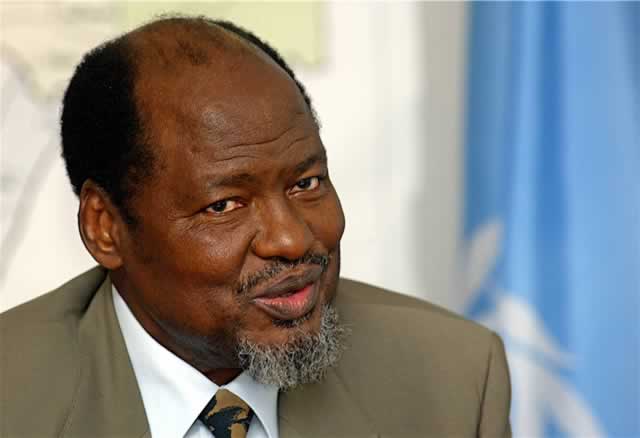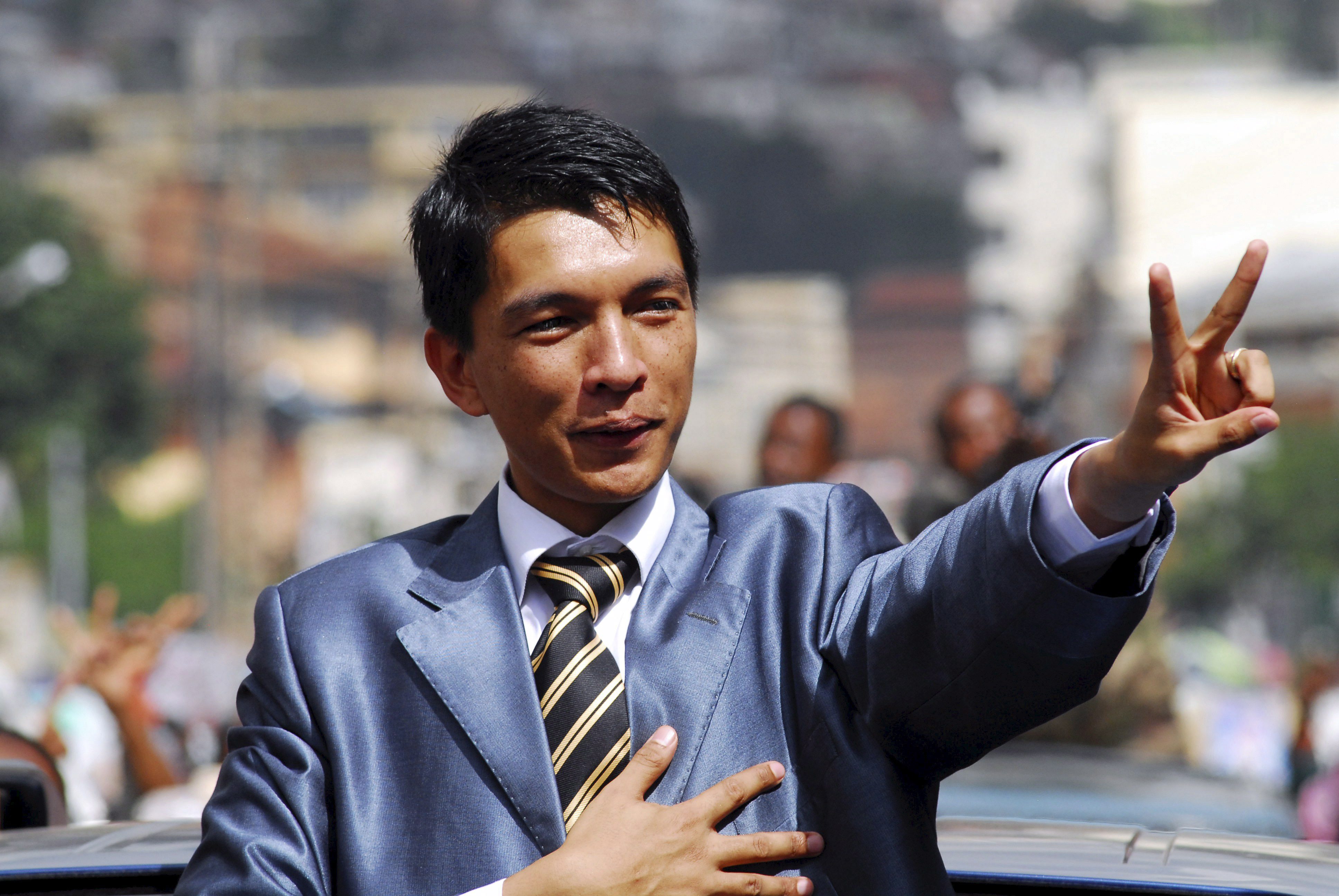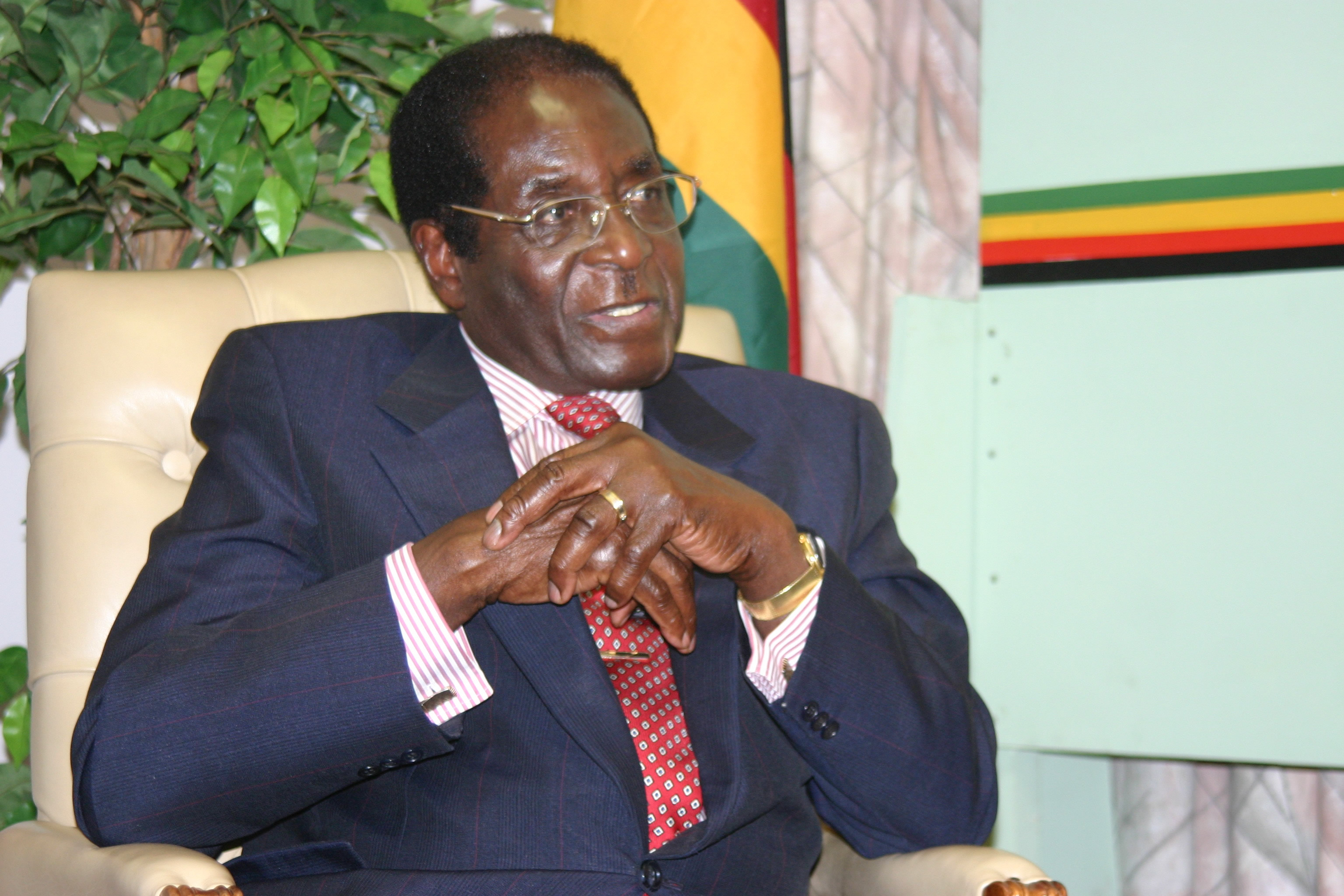Mo Ibrahim Prize sponsor afflicted by identity crisis

Nkosana G Mazibisa
MR Mohammed Ibrahim is a Sudan-born billionaire mobile communications entrepreneur based in the UK.
He is very close to western capital, having made his money primarily in Britain through his mobile communication businesses. After selling one of his businesses, a communication firm Celtel in 2005 he used the $3,4 billion he earned from that transaction to set up the Mo Ibrahim Foundation, which he claims seeks to encourage “better governance” in Africa. His so-called Mo Ibrahim Prize for Achievement in African Leadership awards a $5 million initial payment, and a $200 000 annual payment for life to an African leader, whom he (Mr Ibrahim) reckons to have delivered security and economic development to his or her country.
But his award and its performance indicators are widely ridiculed by African politicians and scholars who argue that they are part of the neo-liberal toolkit that rewards spineless leaders who kowtow to the Western dictat. The financial aspect of it is seen as an immoral inducement which views African leaders as persons whose leadership can be rewarded with cash or whose values have a dollar value on them.
Former Mozambican President, Joaquim Chissano was the first African leader to benefit from Mr Ibrahim’s largesse in 2007. Botswana’s ex-president Festus Mogae won in 2008.
It is probably because of his discredited award that Mr Ibrahim frequently sees himself as an authority in African leadership.
He recently said: “Barack Obama became president of the US when he was 47 years old, actually Bill Clinton beat him; he became President when he was 46 years old. People in their 40s are being elected to run a country which is not only the greatest superpower, but has a Gross Domestic Product . . . of $15 trillion a year — 15 times the total economy of Africa. And here we have somebody in a neighbouring country, at 90, about to start a new term. What’s wrong with us? Had Obama’s father taken him back to Kenya when he was still a boy, where would he be today? My guess, he would never have been president of Kenya.”
He was speaking at a lecture in Johannesburg in honour of South Arica’s first black President, Nelson Mandela.
Mr Ibrahim’s view paints the Zimbabwean electorate as ignorant to vote for an 89 year-old incumbent, President Mugabe over a mucus-brained opposition leader, Mr Morgan Tsvangirai while Americans elect a youthful but tyrannical Stalinist, Obama to further the US supremacist ideology at any costs.
Unfortunately no one in the auditorium where he spoke dared to answer Mr Ibrahim. The following are the answers which Mr Ibrahim needs to know or should be reminded lest he suffers from identity crisis.
He has fulsome praise of the US political system for voting younger politicians, Messers Clinton and Obama, so that is the country from which we draw a few examples to explain why age does not necessarily show bad or good leadership.
Has Mr Ibrahim ever bothered to ask what would have happened to America if John McCain was voted into power? McCain was 72 during the 2008 presidential elections in his country. He would however, have been the oldest person sworn in as a new president, if he had been elected. As is the tradition in American politics, McCain was bound to run for second term and if he had served two terms, he would have been probably the oldest US president ever and also leaving office at an age of 80 years by 2016.
Peter Cooper (born 12 February 1791) was the candidate of the Greenback party in 1876, when he was 85 years old.
In 1984 President Ronald Reagan became the oldest US presidential candidate, when he successfully ran for re-election.
He turned 73 that February, and finished his second term of office at the age of 78. In 1996 Senator Bob Dole became the oldest US presidential candidate to run for a first term.
He turned 73 that July, and had he won the first term and successfully ran for re-election as is the tradition in American politics, he would have finished his term of office at the age of 81.
Then why raise the age question when it relates to Africa when America has its own history of men of age contesting for the presidency of their country? Ronald Reagan, the 40th US President ran for election at age 73 in 1981.
Surprisingly he was elected for second term despite his advanced age.
Americans have their constitutional right to choose their presidents, so do Africans in their respective countries.
Sharing the global citizenry status and co-existing in the world does not mean America has to assume the mantra of inscribing its philosophies on others on how best to govern themselves.
History records Africans having their own form of administration centuries prior to the arrival of western missionaries.
On another note, but still on the US, Mr Ibrahim should understand the backdrop of the $15 trillion American GDP which he says is 15 times bigger than the total economy of Africa.
The US economy is largely embedded in capitalist corporations, war and global financial institutions. The two continents North America and Europe have an informal agreement whereby the IMF is controlled by Europeans especially the French (Strauss Kahn and Christine Lagarde) and World Bank by Americans (Robert Zoë lick).
These institutions have no heart for human survival rather a perverted mind with the love of power and money.
If Mr Ibrahim is so concerned about African development why was he silent when the western powers unseated African elected presidents, Muammar Gaddafi, the former Libyan President, Laurent Gbabgo of Ivory Coast? And also the partial International Criminal Court which is mostly inclined to prosecuting African presidents while letting free devils’ advocates shake hands in halls of imperial power.
Mr Ibrahim should also be conscious that there has always been that battle of supremacy, the West fighting to maintain it over Africa and other weaker regions. There is that perfidious Western belief that wrongly sees them as supreme and Africans as inherently incapable of doing big things.
For example, it has gone even further to claim African memorial ruins as built by whites as way of consolidating their ideology of dominance over other races, and that without them the world particularly Africa will be void and formless full of primitive tendencies.
In Alexander Wilmot’s Monomotapa (Rhodesia), Its Monuments and Its History (1896), the alleged white origins of the Great Zimbabwe Monuments are used to try to postulate that Africans are unable to organise anything without white leadership, while at the same time the fate of the ruined buildings invites reflection on the seriousness and great responsibility of “the imperial romance.”
When the African origins are acknowledged in the case of Great Zimbabwe, they are presented as an epitome of despotism and brutality.
In novels like Wilbur Smith’s The Sunbird (1972), the ruin mythology is employed to sketch out a racially superior white civilisation. This is a desecrate behaviour towards our origins, towards us as Africans.
Each country is entitled to the right to self-definition and has the right to choose its leaders.
Nkosana George Mazibisa is a social commentator and can be contacted on: [email protected] and 0777696776








Comments